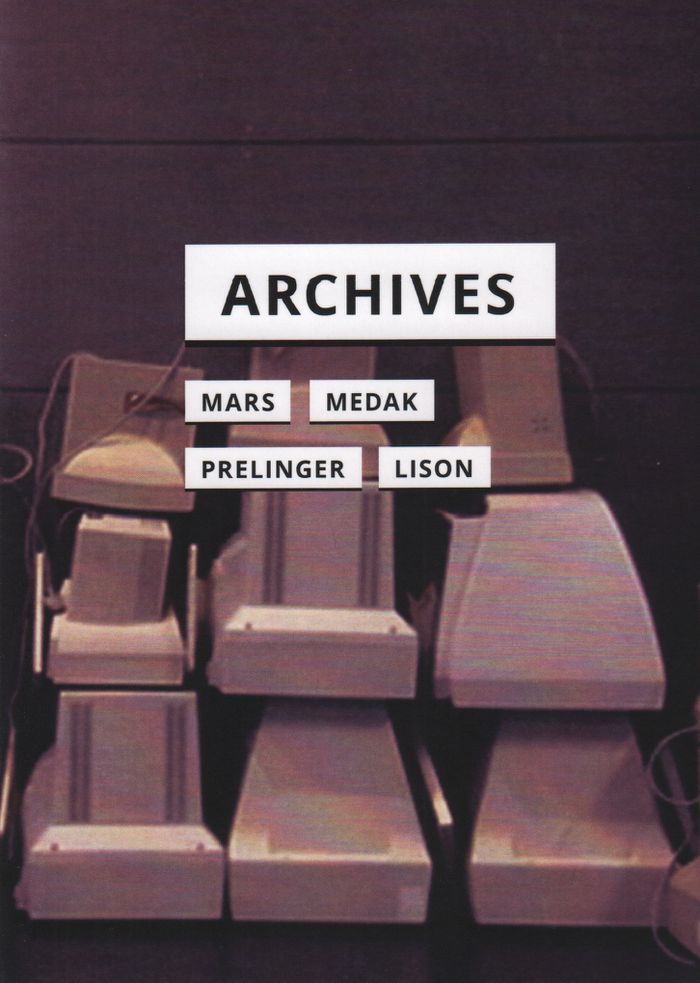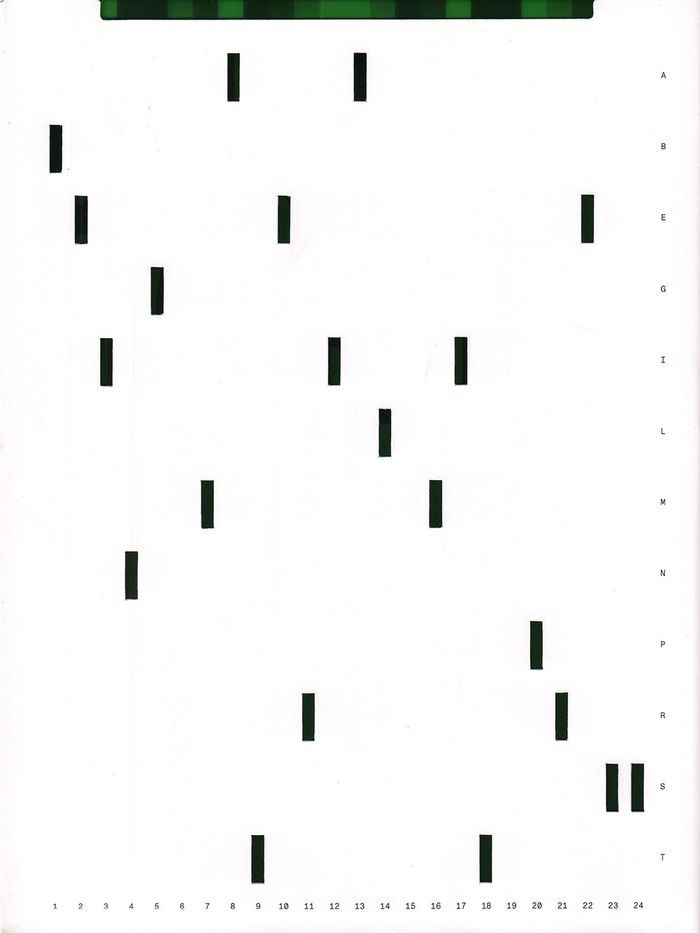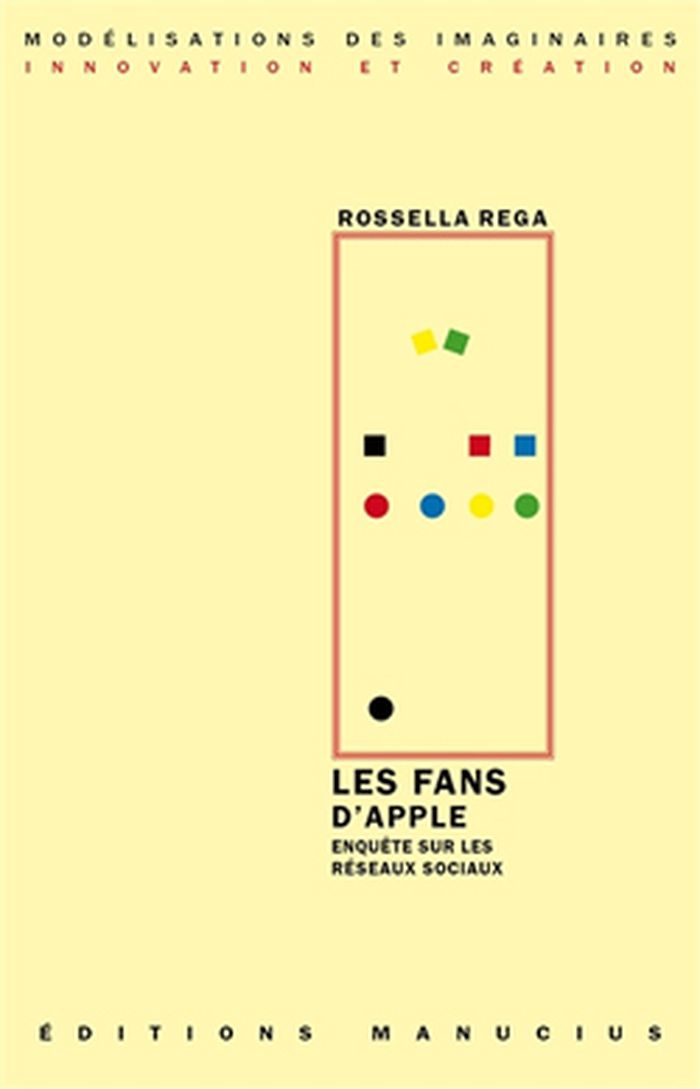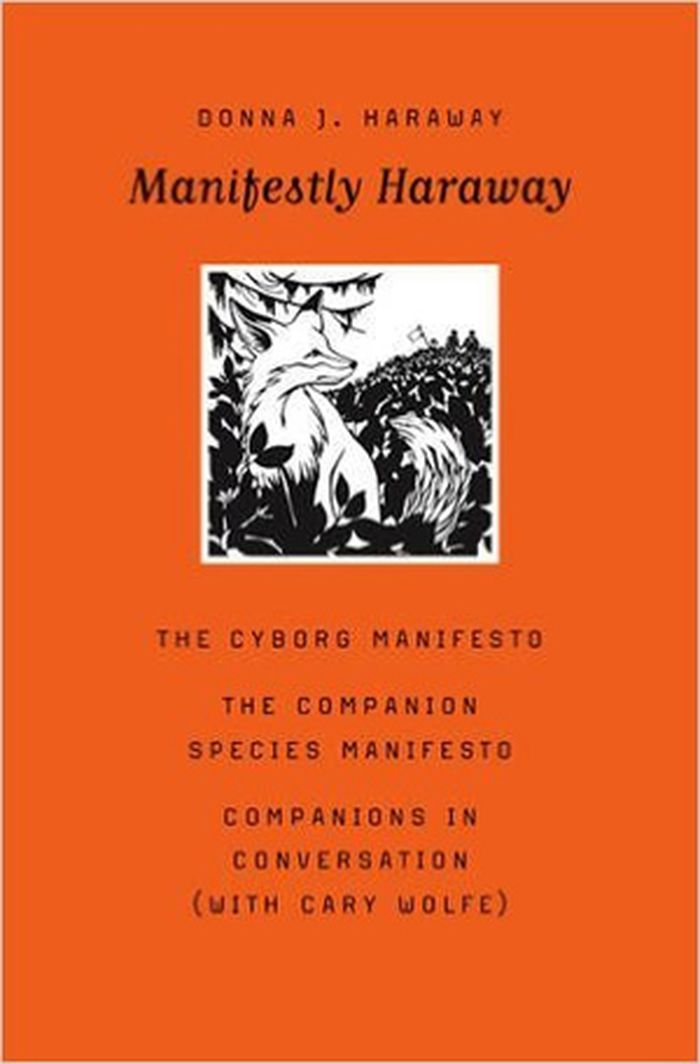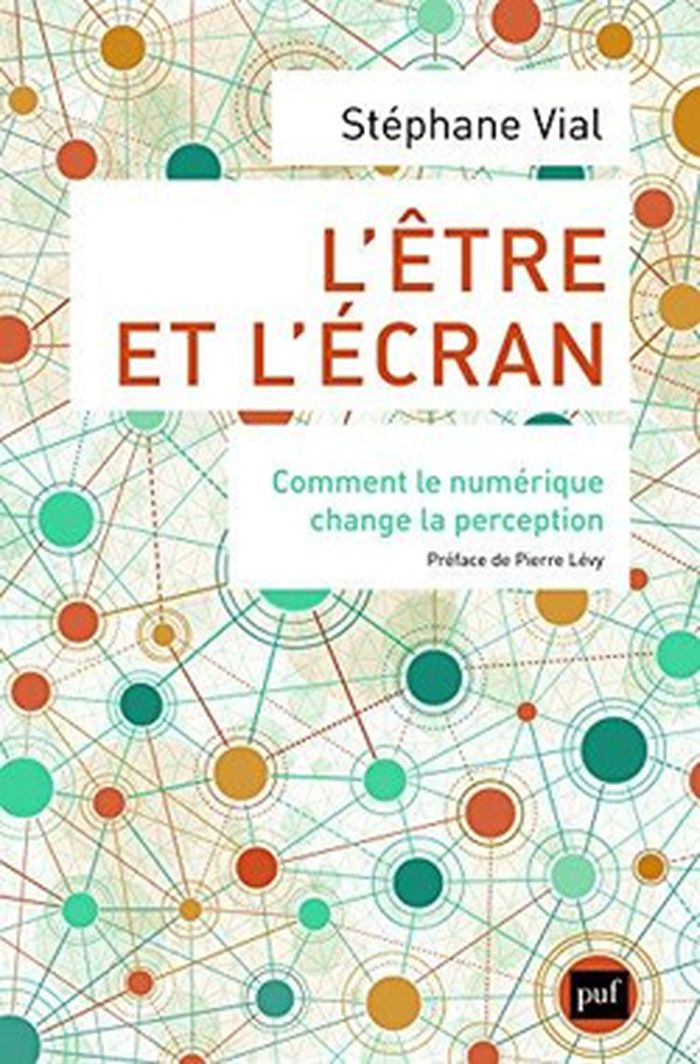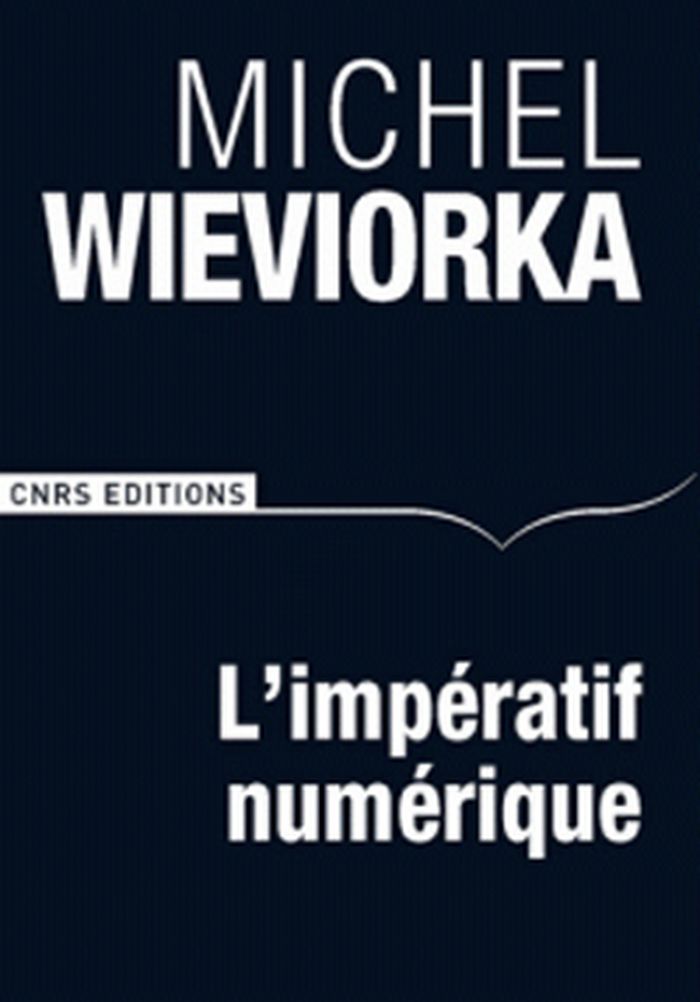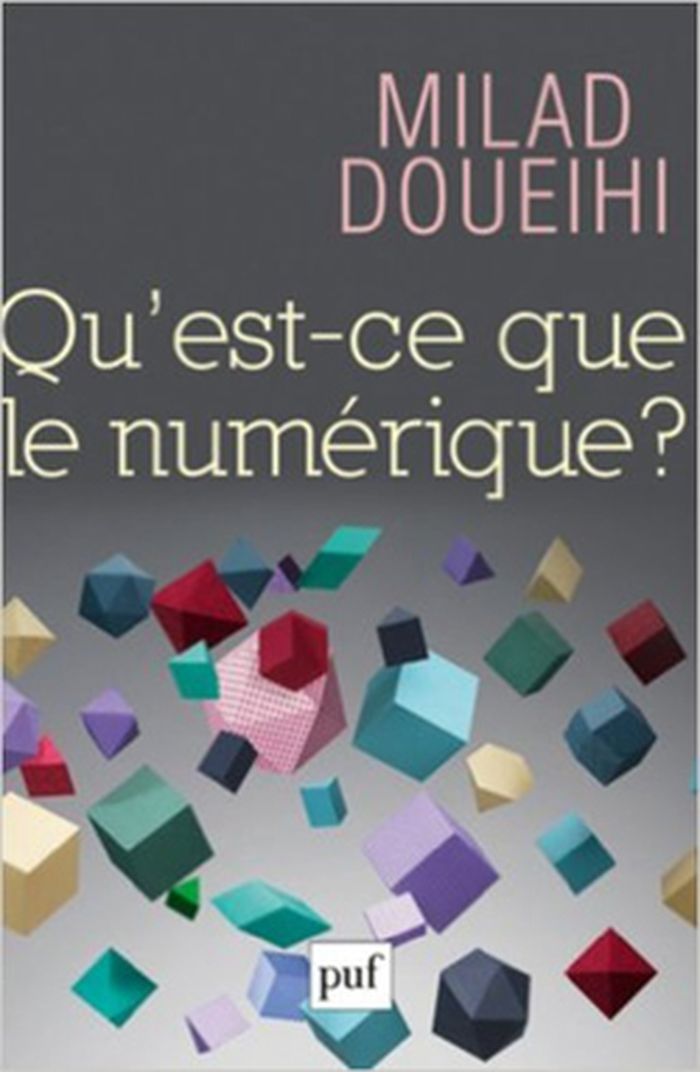$26.95
(available to order)
Summary:
Archives have become a nexus in the wake of the digital turn. Electronic files, search engines, video sites, and media player libraries make the concepts of “archival” and “retrieval” practically synonymous with the experience of interconnected computing. Archives today are the center of much attention but few agendas. Can archives inform the redistribution of power and(...)
Archive, library and the digital
July 2019
Archives
Actions:
Price:
$26.95
(available to order)
Summary:
Archives have become a nexus in the wake of the digital turn. Electronic files, search engines, video sites, and media player libraries make the concepts of “archival” and “retrieval” practically synonymous with the experience of interconnected computing. Archives today are the center of much attention but few agendas. Can archives inform the redistribution of power and resources when the concept of the public library as an institution makes knowledge and culture accessible to all members of society regardless of social or economic status? This book sets out to show that archives need our active support and continuing engagement.
Archive, library and the digital
$26.95
(available to order)
Summary:
Media organize things into patterns and relations. As intermediaries among people and between people and worlds, media shape sociotechnical orders. At the same time, media are organized: while they condition different organizational forms and processes, they, too, are formed and can be re-formed. This intimate relation of media and organizing is timeless. Yet arguably,(...)
Archive, library and the digital
October 2019
Organize
Actions:
Price:
$26.95
(available to order)
Summary:
Media organize things into patterns and relations. As intermediaries among people and between people and worlds, media shape sociotechnical orders. At the same time, media are organized: while they condition different organizational forms and processes, they, too, are formed and can be re-formed. This intimate relation of media and organizing is timeless. Yet arguably, digital media technologies repose the question of organization—and thus of power and domination, control and surveillance, disruption and emancipation. Bringing together leading media thinkers and organization theorists, this book interrogates organization as an effect and condition of media. How can we understand the recursive relation between media and organization? How can we think, explore, critique, and perhaps alter the organizational bodies and scripts that shape contemporary life?
Archive, library and the digital
Being material
$55.95
(available to order)
Summary:
In 'Being Material', artists and technologists explore the relationship of the digital to the material, demonstrating that processes that seem wholly immaterial function within material constraints. Digital technologies themselves, they remind us, are material things—constituted by atoms of gold, silver, silicon, copper, tin, tungsten, and more.
Archive, library and the digital
October 2019
Being material
Actions:
Price:
$55.95
(available to order)
Summary:
In 'Being Material', artists and technologists explore the relationship of the digital to the material, demonstrating that processes that seem wholly immaterial function within material constraints. Digital technologies themselves, they remind us, are material things—constituted by atoms of gold, silver, silicon, copper, tin, tungsten, and more.
Archive, library and the digital
$27.95
(available to order)
Summary:
Philippe Artières s'adresse au public.Revêtu d'une blouse grise, assis derrière un bureau en carton confectionné pour l'occasion, il attend ses futurs interlocuteurs. Il recueille leur parole, leurs souvenirs et parfois même des documents. Autant de témoignages intimes, de microhistoires qu'il collecte précieusement et qui constituent une archive sur le lien sensible(...)
Le Bureau des archives populaires
Actions:
Price:
$27.95
(available to order)
Summary:
Philippe Artières s'adresse au public.Revêtu d'une blouse grise, assis derrière un bureau en carton confectionné pour l'occasion, il attend ses futurs interlocuteurs. Il recueille leur parole, leurs souvenirs et parfois même des documents. Autant de témoignages intimes, de microhistoires qu'il collecte précieusement et qui constituent une archive sur le lien sensible entre le Centre Pompidou et ses visiteurs, sur le lien personnel que ceux-ci entretiennent avec l'art et la culture.
Archive, library and the digital
$8.95
(available to order)
Summary:
L'auteure analyse les codes et les usages des membres de communautés d'internautes amateurs de produits Apple. Elle montre que l'imaginaire déployé découle d'une volonté de la marque de créer un univers technologique au sein duquel les attentes et les rêves des clients sont comblés par une offre de produits informatiques.
Les Fans d'Apple : enquête sur les réseaux sociaux
Actions:
Price:
$8.95
(available to order)
Summary:
L'auteure analyse les codes et les usages des membres de communautés d'internautes amateurs de produits Apple. Elle montre que l'imaginaire déployé découle d'une volonté de la marque de créer un univers technologique au sein duquel les attentes et les rêves des clients sont comblés par une offre de produits informatiques.
Archive, library and the digital
Digital keywords
$31.95
(available to order)
Summary:
In the age of search, keywords increasingly organize research, teaching, and even thought itself. Inspired by Raymond Williams's 1976 classic 'Keywords', the timely collection 'Digital Keywords' gathers pointed, provocative short essays on more than two dozen keywords by leading and rising digital media scholars from the areas of anthropology, digital humanities, history,(...)
Digital keywords
Actions:
Price:
$31.95
(available to order)
Summary:
In the age of search, keywords increasingly organize research, teaching, and even thought itself. Inspired by Raymond Williams's 1976 classic 'Keywords', the timely collection 'Digital Keywords' gathers pointed, provocative short essays on more than two dozen keywords by leading and rising digital media scholars from the areas of anthropology, digital humanities, history, political science, philosophy, religious studies, rhetoric, science and technology studies, and sociology. 'Digital Keywords' examines and critiques the rich lexicon animating the emerging field of digital studies.
Archive, library and the digital
Manifestly Haraway
$29.95
(available to order)
Summary:
Provocative, and controversial when first published thirty years ago, Donna Haraway’s “Cyborg Manifesto” is even more relevant today, when the divisions that she so eloquently challenges—of human and machine but also of gender, class, race, ethnicity, sexuality, and location—are increasingly complex. The subsequent “Companion Species Manifesto,” which further questions(...)
Manifestly Haraway
Actions:
Price:
$29.95
(available to order)
Summary:
Provocative, and controversial when first published thirty years ago, Donna Haraway’s “Cyborg Manifesto” is even more relevant today, when the divisions that she so eloquently challenges—of human and machine but also of gender, class, race, ethnicity, sexuality, and location—are increasingly complex. The subsequent “Companion Species Manifesto,” which further questions the human–nonhuman disjunction, is no less urgently needed in our time of environmental crisis and profound polarization.
Archive, library and the digital
L'être et l'écran
$37.95
(available to order)
Summary:
Les techniques ne sont pas seulement des outils, ce sont des structures de la perception. Elles conditionnent la manière dont le monde nous apparaît et dont les phénomènes nous sont donnés. Depuis près d’un demi-siècle, les technologies numériques nous apportent des perceptions d’un monde inconnu. Ces êtres qui émergent de nos écrans et de nos interfaces bouleversent(...)
L'être et l'écran
Actions:
Price:
$37.95
(available to order)
Summary:
Les techniques ne sont pas seulement des outils, ce sont des structures de la perception. Elles conditionnent la manière dont le monde nous apparaît et dont les phénomènes nous sont donnés. Depuis près d’un demi-siècle, les technologies numériques nous apportent des perceptions d’un monde inconnu. Ces êtres qui émergent de nos écrans et de nos interfaces bouleversent l’idée que nous nous faisons de ce qui est réel et nous réapprennent à percevoir. Quel est l’être des êtres numériques ? Que devient notre être-dans-le-monde à l’heure des êtres numériques ? Le temps est venu d’analyser l’«ontophanie numérique» dans toute sa complexité. La prétendue différence entre le réel et le virtuel n’existe pas et n’a jamais existé. Nous vivons dans un environnement hybride, à la fois numérique et non numérique, en ligne et hors ligne, qu’il appartient aux designers de rendre habitable. -
Archive, library and the digital
L'impératif numérique
$7.95
(available in store)
Summary:
Une invitation, pour les sceptiques et tous ceux qui croient en l’utilité des sciences humaines et sociales, à faire davantage l’expérience de notre environnement numérique...
L'impératif numérique
Actions:
Price:
$7.95
(available in store)
Summary:
Une invitation, pour les sceptiques et tous ceux qui croient en l’utilité des sciences humaines et sociales, à faire davantage l’expérience de notre environnement numérique...
Archive, library and the digital
Qu'est-ce que le numérique ?
$12.95
(available in store)
Summary:
Le numérique est un mot qui est passé rapidement dans notre vocabulaire. Mais que désigne-t-il à proprement parler? Comment comprendre et définir cet objet, ce phénomène qui semble destiné à transformer notre quotidien? Les dictionnaires restent un peu perplexes devant le numérique; leurs définitions ne renvoient souvent qu’à l’aspect étymologique et technique – un(...)
Qu'est-ce que le numérique ?
Actions:
Price:
$12.95
(available in store)
Summary:
Le numérique est un mot qui est passé rapidement dans notre vocabulaire. Mais que désigne-t-il à proprement parler? Comment comprendre et définir cet objet, ce phénomène qui semble destiné à transformer notre quotidien? Les dictionnaires restent un peu perplexes devant le numérique; leurs définitions ne renvoient souvent qu’à l’aspect étymologique et technique – un secteur associé au calcul, au nombre –, et surtout aux dispositifs opposés à l’analogique. Dans notre usage, le numérique désigne bien autre chose. C’est pourquoi la question de sa définition mérite d’être posée, car elle soulève une difficulté particulière. Une difficulté à la fois épistémologique, institutionnelle et sociale, voire économique et politique, mais qui permet précisément de cerner la complexité du numérique dans son déploiement actuel.
Archive, library and the digital
